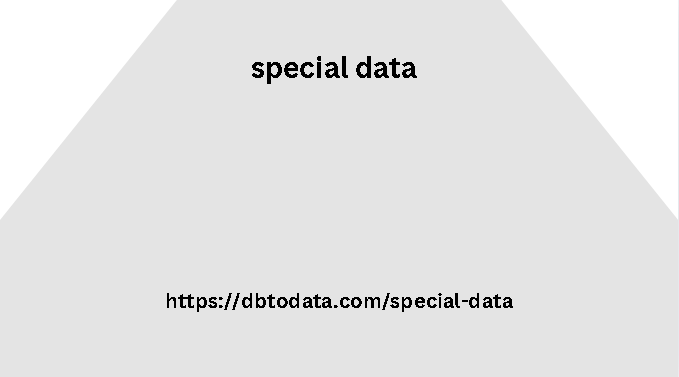This analysis paralysis happens at all levels of government, and it’s understandable. We understand—we know that for important decisions, like investing millions of dollars in upgrading seawalls—you only get one chance, but the consequences are huge. Unfortunately, the consequences of inaction are even greater. There will always be more data and information to collect.
But more data doesn’t guarantee you’ll
The “perfect” information or determine the “right” course of action. Doing something is almost always better than doing nothing. Good leaders know that at some point you have to stop collecting information and start acting. For example, officers in the U.S. Marine Corps receive extensive training to take decisive action in the face of great uncertainty, and have specific protocols in place to help officers do just that.
Here are some ways we can avoid
Analysis paralysis: Set deadlines and make smaller decisions. People generally work better and smarter when faced with deadlines. Working on a overseas chinese in europe data large project that won’t be completed for a year or so? Set near-term deadlines and avoid spirals by breaking down single big decisions into manageable pieces.
Decide ahead of time the level of
information you need to make small decisions, and then businesses may prefer that feral make those decisions as soon as you have the information you need. Suppress curiosity. In government, we deal with big, interesting problems every day. In my experience, government employees are passionate, smart, and naturally curious creatures. Add to that long processes and complex problems, and mission drift is bound to occur.
Throughout the week, go for a walk and ask yourself,
What are three things I absolutely need to know to make this decision?” Before you fall down a Google rabbit hole, ask yourself, “Will learning this help me make this decision?” Call a friend, or give up. Know your analysis paralysis symptoms: Are you rich data performing repetitive tasks, like checking what you’ve already checked and researching what you’ve already researched? Are you focusing on extremely complex, rare situations?

